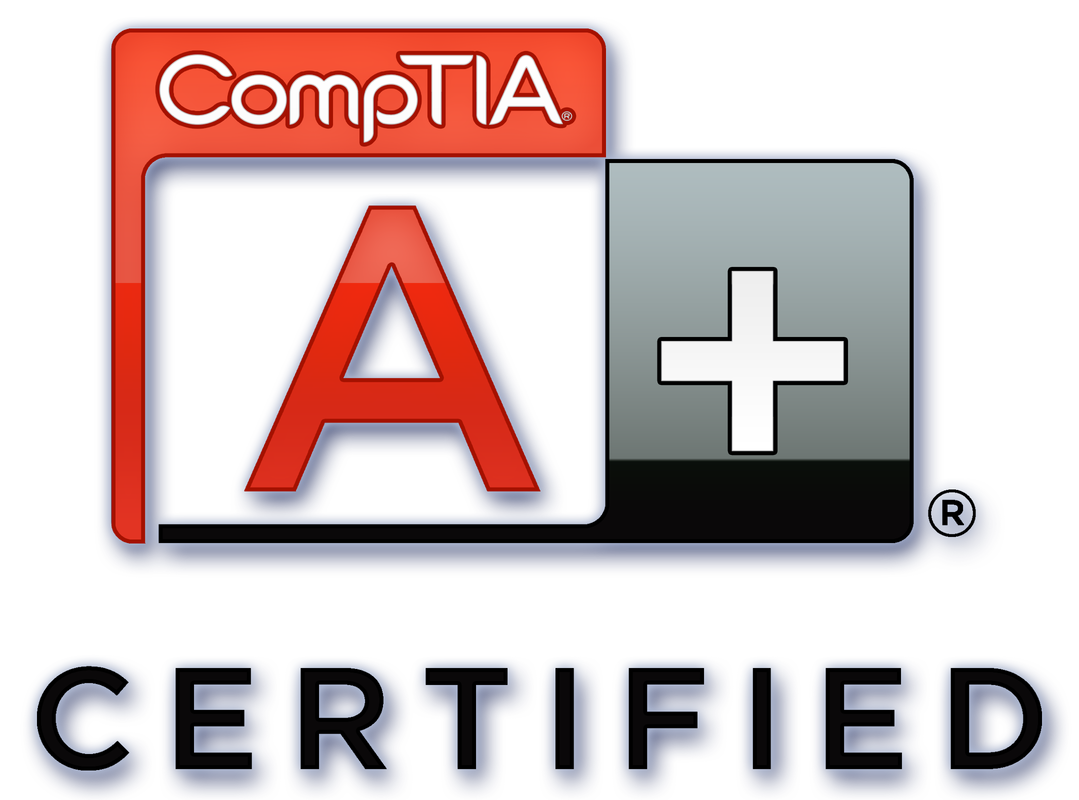
The role of an IT consultant is to provide results for your technical goals and objectives. As the technical expert for your business, an IT consultant should offer strategic planning and training for weaving technology into your business model.
Typically, a consultant will act as the go-between among current IT staff and the rest of the organization. They will spend some time analyzing and inspecting the current hardware, software, and processes and gain a clear understanding of how the business operates.
Then the IT consultant will recommend new technology or upgrades to current technology and services to make improvements to the business and profits.
Some of the reasons for needing an IT consultant are to:
- Get recommendations for new IT equipment and hardware for specific business issues.
- Find gaps and challenges within the IT team and infrastructure.
- Train on new hardware and software to increase productivity.
- Help get an IT team up-to-speed when hiring an internal trainer or IT executive is not feasible.
- Speak on the businesses behalf when investigating new companies to collaborate with for IT solutions.
IT consultants like have to be able to see the big picture beyond just what the owner or the IT team think they might need. It is up to the information technology consultant to foresee needs before they arrive and come up potential solutions. They must be able to be personable with all levels of the employee teams and departments to gain and understanding of how teams function with their current technology.
Taking on an IT consultant is an investment in the future of your business. Sometimes it can seem simpler to just talk to service providers without having a consultant. Service providers will claim that they provide some of the same services – they say they’ll evaluate your systems, gather information, and make recommendations. It is critical to remember the “Why” behind the service provider’s motives though. Their goal is to sell something to you and they are not necessarily looking out for your best interests. If they have the opportunity to sell you something you don’t really need, 9 out of 10 times they are going to take that opportunity. An IT consultant acts as a deterrent against unnecessary costs and services you don’t need.
Finding a qualified independent IT consultant is not always simple. Those who work with Mustard IT find that their consultants need to have a strong understanding of business principles, be able to communicate confusing technical jargon to diverse teams, know vendor characteristics and be able to assess their services objectively, and manage a project from start to finish seamlessly.
Some of the business acumen an IT consultant should understand is ROI, how to control costs, how a business generates revenue, and sales and marketing. When IT is not at the forefront of a business’ knowledge base, having an IT consultant with the right set of skills and abilities can help you make data-driven decisions and avoid costly and timely mistakes with your IT needs.










![Watch Video Now on xiaohongshu.com [以色列Elevatione perfectio X美容仪 perfectio X 全新仪器黑科技了解下]](https://www.techburgeon.com/wp-content/uploads/2019/07/perfectiox-singapore-150x150.jpg)
